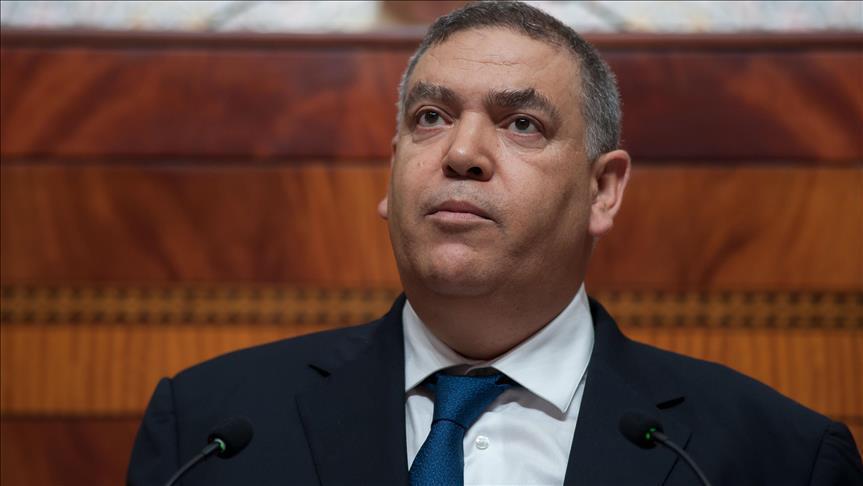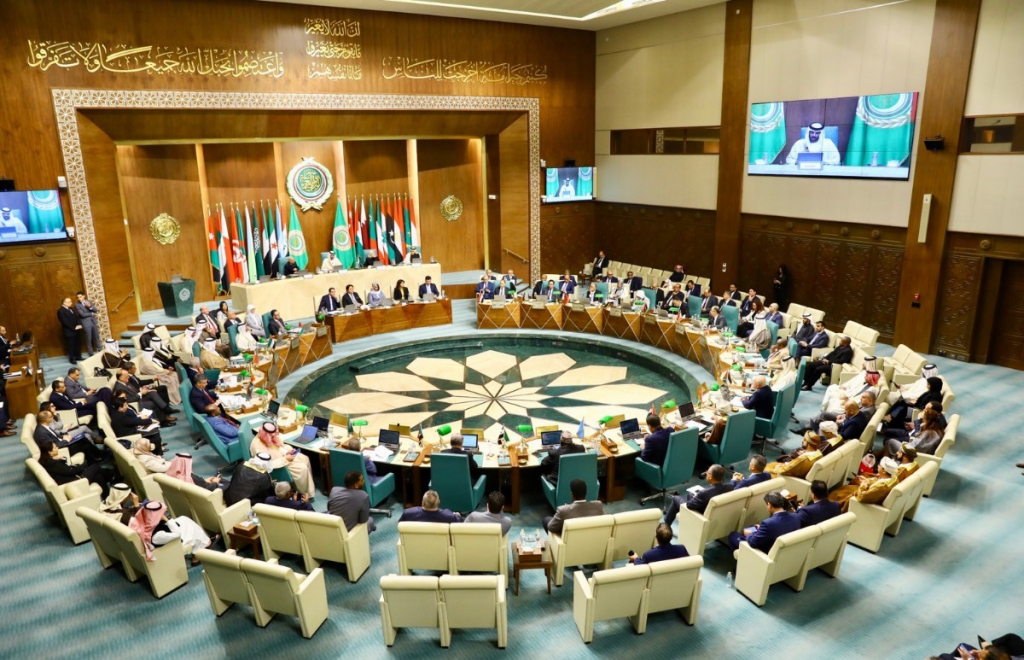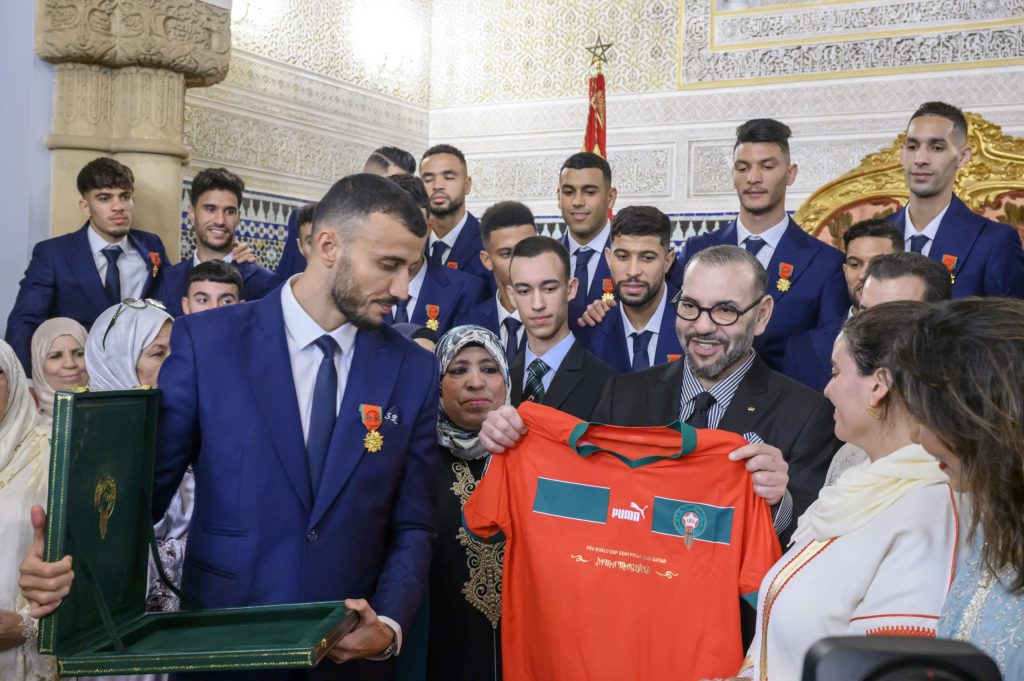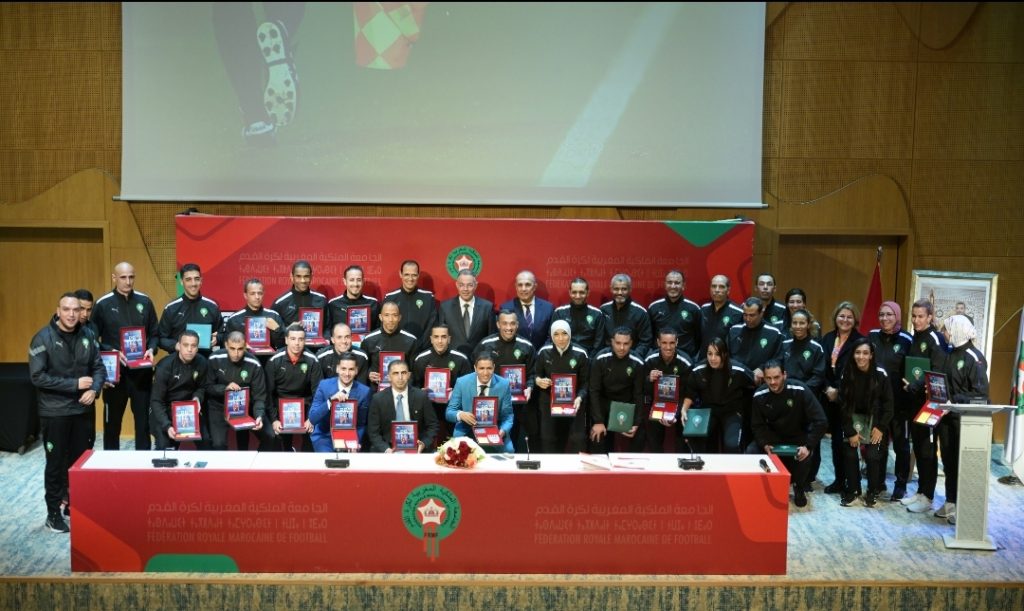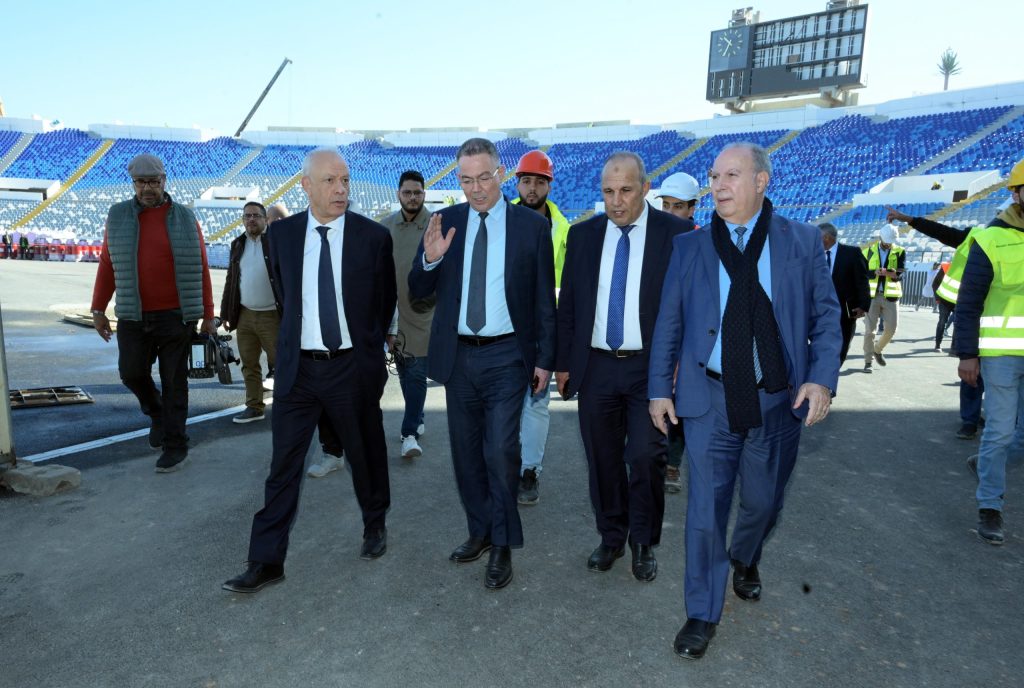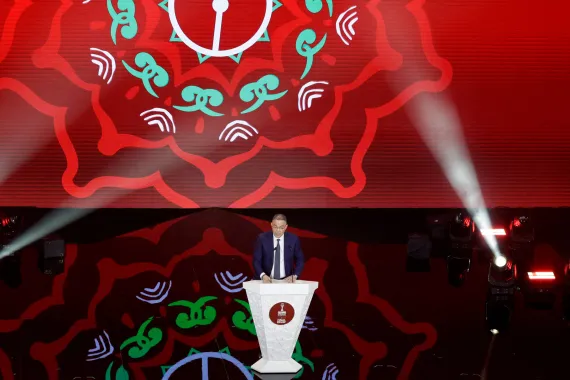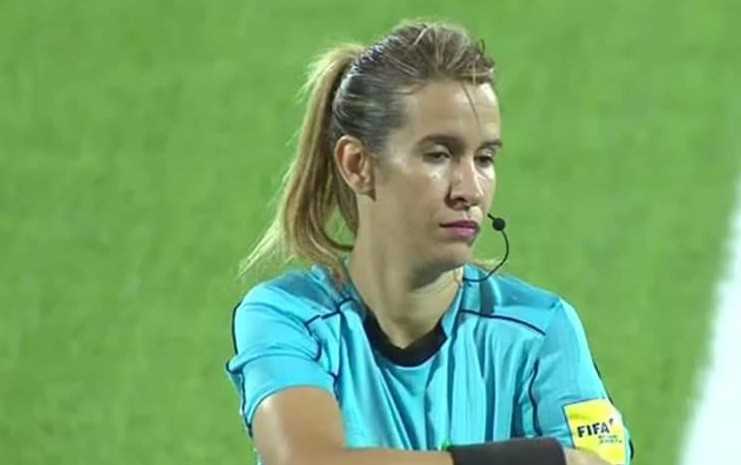Interior Minister, Abdelouafi Laftit, chaired, here Thursday, an extended meeting dedicated to examining the state of progress of the city’s preparations for the 2030 FIFA World Cup.
This meeting, attended by Royal Moroccan Football Federation’s (FRMF) President, Fouzi Lekjaa, and Wali of the Rabat-Salé-Kénitra region, Mohamed Yacoubi, brought together the different stakeholders in the preparation process.
Speaking on the occasion, Laftit stressed the importance of an all-out mobilization in order to guarantee the successful organization of the 2030 World Cup in Morocco, as well as the Africa Cup of Nations (Morocco-2025), which the Kingdom will host prior to this global event.
In this respect, he called on the stakeholders to redouble their efforts and mobilize all the financial and human resources needed to accelerate the pace of preparations, noting the importance of the success of the next stage, namely the 2025 AFCON, with a view to boosting trust in moving forward with the process of preparing to host other sporting events.
Laftit also noted Rabat’s central role as the Kingdom’s capital and host city to several events before the 2030 World Cup, stressing that the city must be ready starting next year.
For his part, Lekjaa stated that the development trajectory initiated by His Majesty King Mohammed VI over the last 25 years throughout the Kingdom will make Morocco a privileged destination for the organization of exceptional continental or world events, notably 2025 AFCON.
In a statement to the press following the meeting, he highlighted Rabat’s centrality for the 2030 World Cup, especially as it will host the 2025 AFCON matches, including those of the national soccer team.
The Prince Moulay Abdellah Sports Complex, which will be ready by the end of this year with a capacity of 65,000 spectators, will be one of the stadiums qualified to host the World Cup semi-finals, he added, the aim being for the Kingdom of Morocco to organize an “exceptional World Cup.”
The meeting was marked by presentations by various stakeholders, highlighting development and infrastructure projects designed to enable Moroccan cities, including Rabat, to meet FIFA’s requirements and standards, particularly in terms of stadiums, training sites, transport and mobility, accommodation and sustainable development.
Mechanisms for the integrated management of projects scheduled as part of these preparations were also presented, with a view to reinforcing the monitoring, control and timely implementation of projects.
MAP: 4 July 2024
